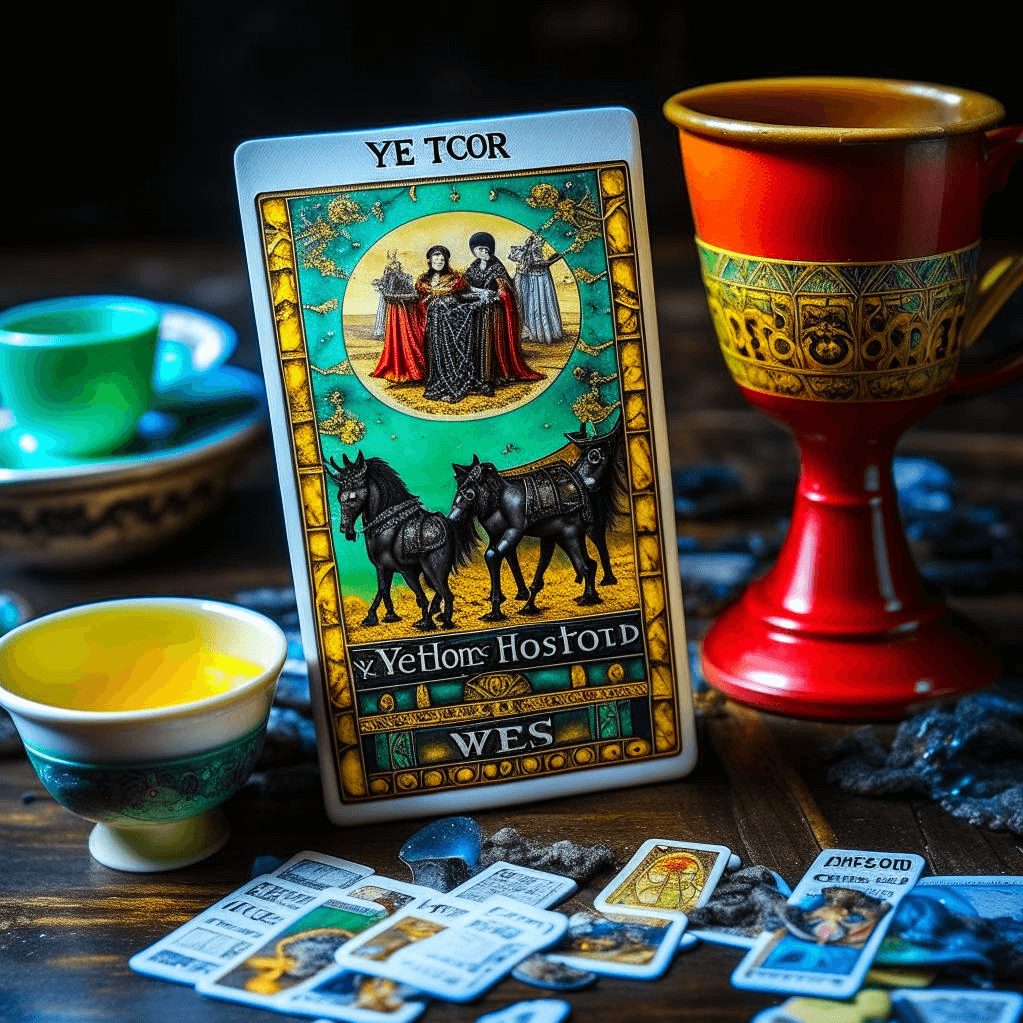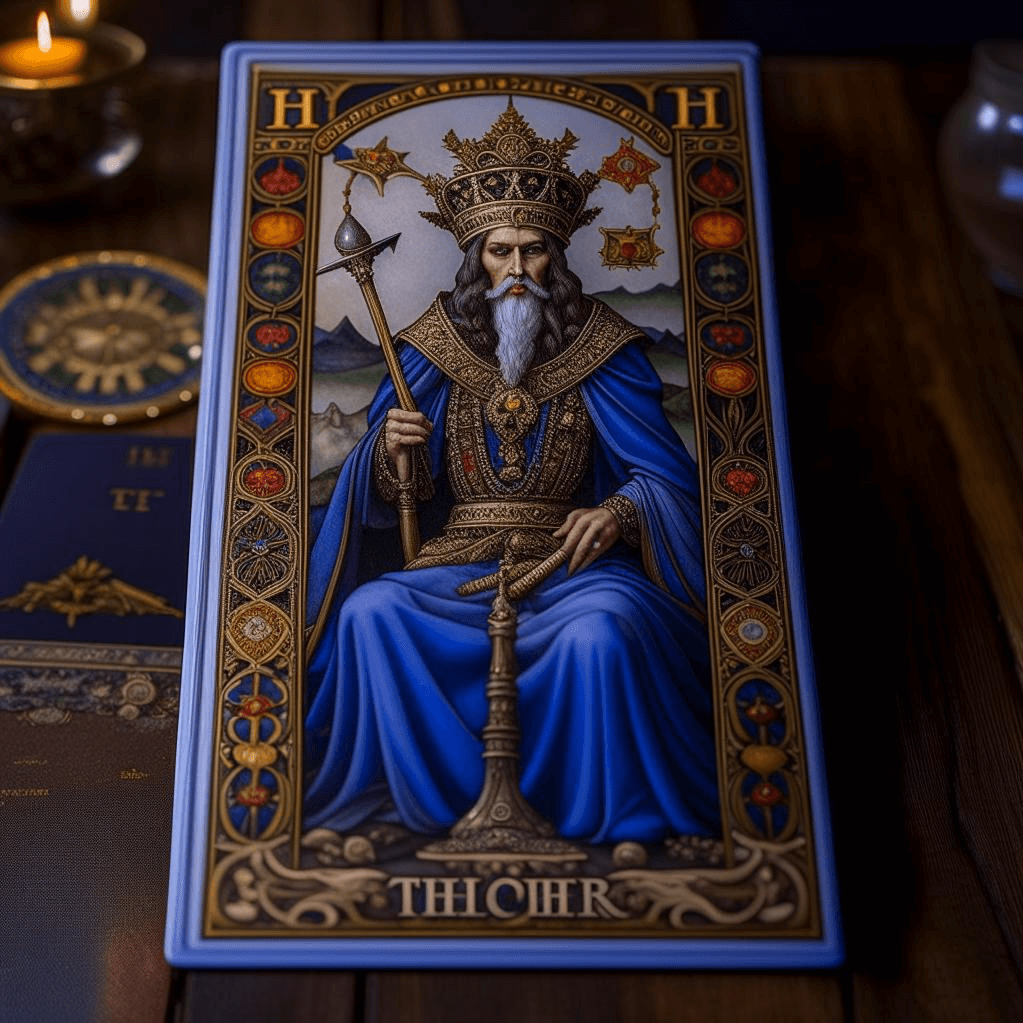The Devil Tarot card is a powerful and mysterious card in Tarot readings. It holds great significance and often sparks controversy when it comes to interpreting its meaning as a “yes or no” answer. Some believe that the Devil Tarot card represents personal desires and temptations, while others see it as a symbol of negativity and challenges. In this article, we will explore the symbolism and meanings of the Devil Tarot card, as well as the arguments for and against its use as a “yes or no” answer. We will also delve into alternative interpretations of the card and encourage readers to approach it with an open mind.
Contents
I. Understanding the Devil Tarot Card
II. The Debate: Yes or No?
III. Unveiling the Mysteries: Alternative Interpretations
IV. Conclusion
I. Understanding the Devil Tarot Card
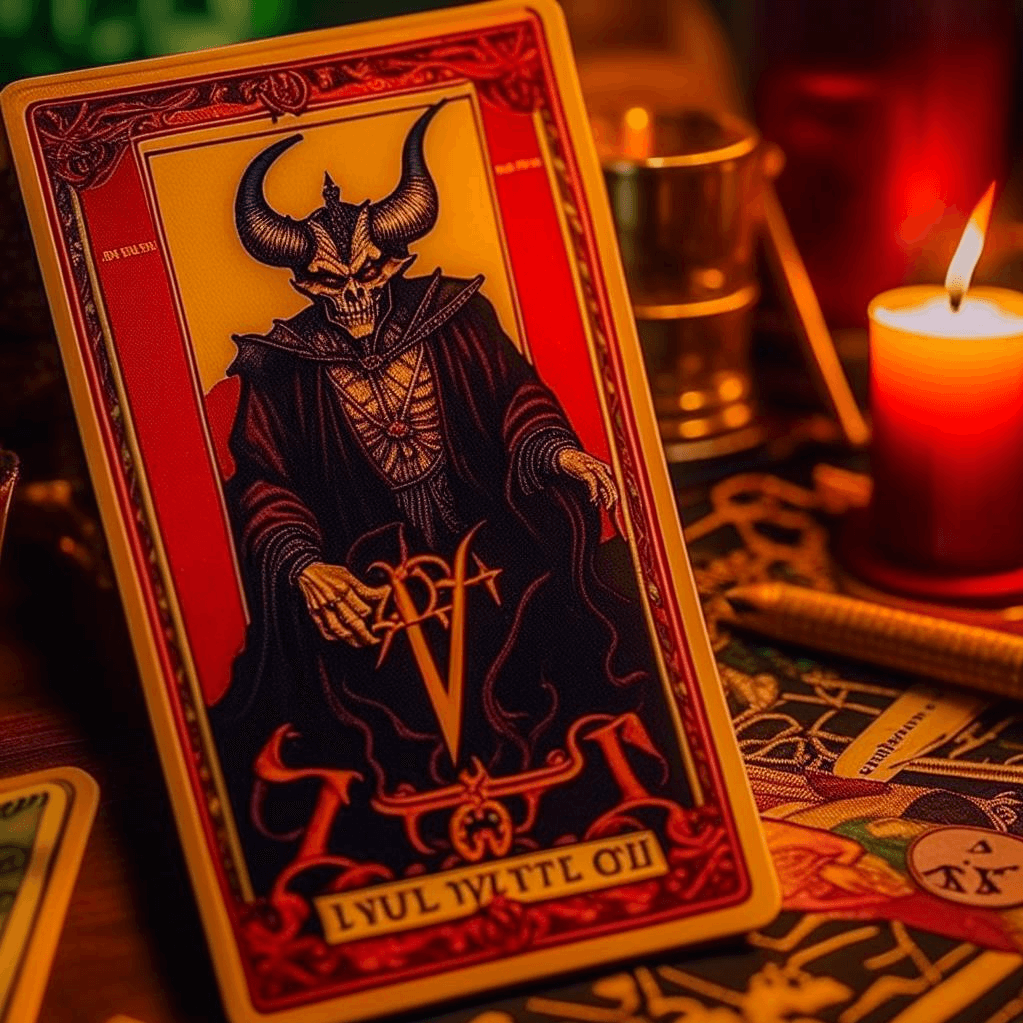
The Devil Tarot card is a powerful and intriguing card in Tarot readings. It is often associated with themes of temptation, desires, and personal addictions. The card’s imagery usually depicts a devil-like figure, often with horns and wings, standing over two chained figures.
The Devil Tarot card symbolizes the things that hold us back and keep us trapped in unhealthy patterns. It represents our inner desires and the temptations that can lead us astray. It reminds us to be aware of our own attachments and the negative influences in our lives.
When this card appears in a Tarot reading, it suggests that there may be some areas in our lives where we feel stuck or controlled. It urges us to examine our own actions and behaviors and question whether they are truly serving us or keeping us trapped.
Overall, the Devil Tarot card serves as a reminder to be mindful of our desires and the potential consequences of our actions. It encourages us to break free from negative patterns and make choices that align with our true selves.
II. The Debate: Yes or No?
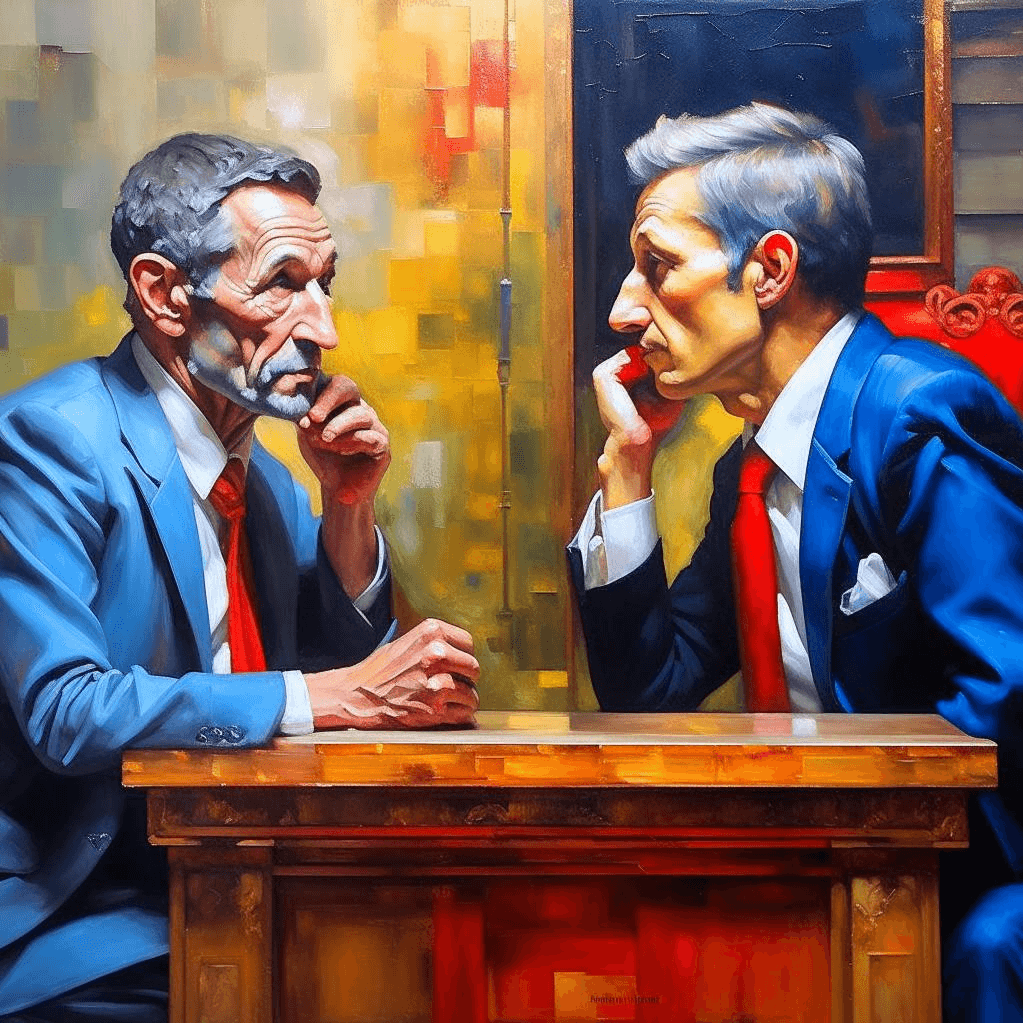

The Devil Tarot card has sparked a debate about whether it can be used to give a simple “yes” or “no” answer in Tarot readings. Let’s explore the arguments on both sides.
Explanation of the “yes or no” approach in Tarot readings:
Some Tarot readers believe that certain cards can provide direct answers to questions, including the Devil card. They argue that the card’s symbolism can indicate a “yes” answer.
Arguments supporting the Devil Tarot card as a “yes” answer:
1. Personal power and ambition: The Devil card represents personal desires and ambitions. Some argue that this indicates a positive outcome and a “yes” answer to the question at hand.
2. Potential for positive transformation: The Devil card also symbolizes the potential for growth and transformation. Supporters believe that this suggests a favorable outcome and a “yes” response.
Arguments against the Devil Tarot card as a “yes” answer:
1. Association with negativity and challenges: The Devil card is often associated with negative aspects like addiction and temptation. Critics argue that this suggests a negative outcome and a “no” answer.
2. Potential for self-destruction: Some believe that the Devil card warns against unhealthy attachments and self-destructive behavior. They argue that this implies a negative outcome and a “no” response.
While the debate continues, it’s important to consider alternative interpretations of the Devil Tarot card and its complexities in Tarot readings.
III. Unveiling the Mysteries: Alternative Interpretations
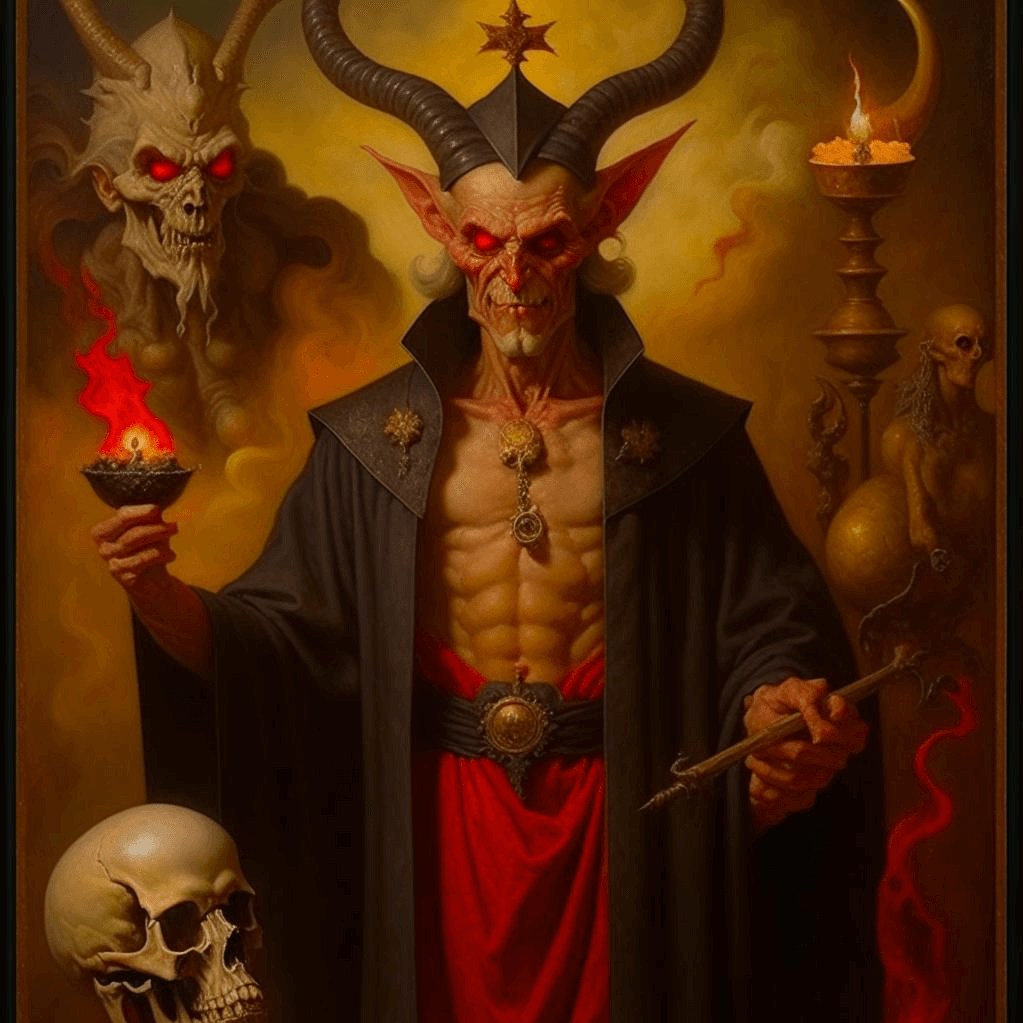

Exploring different ways to understand the Devil Tarot card
Looking at other ways the card can be interpreted
Discussing how the card can help us understand our inner struggles and find healing
IV. Conclusion
In conclusion, the Devil Tarot card holds significant meaning in Tarot readings. It symbolizes personal desires, addictions, and temptations. There is a debate about whether it can be interpreted as a “yes or no” answer.
Some argue that the Devil Tarot card can be seen as a “yes” answer because it represents personal power and ambition, as well as the potential for positive transformation and growth. On the other hand, some believe it should not be interpreted as a “yes” answer due to its association with negativity, challenges, and the potential for self-destruction.
However, it is important to consider alternative interpretations of the Devil Tarot card. It can represent inner struggles and the shadow self, offering an opportunity for self-awareness and healing.
In the end, it is best to approach the Devil Tarot card with an open mind and consider its complexities in Tarot readings. It is a card that invites exploration and reflection, and its true meaning may vary depending on the individual and the context of the reading.

